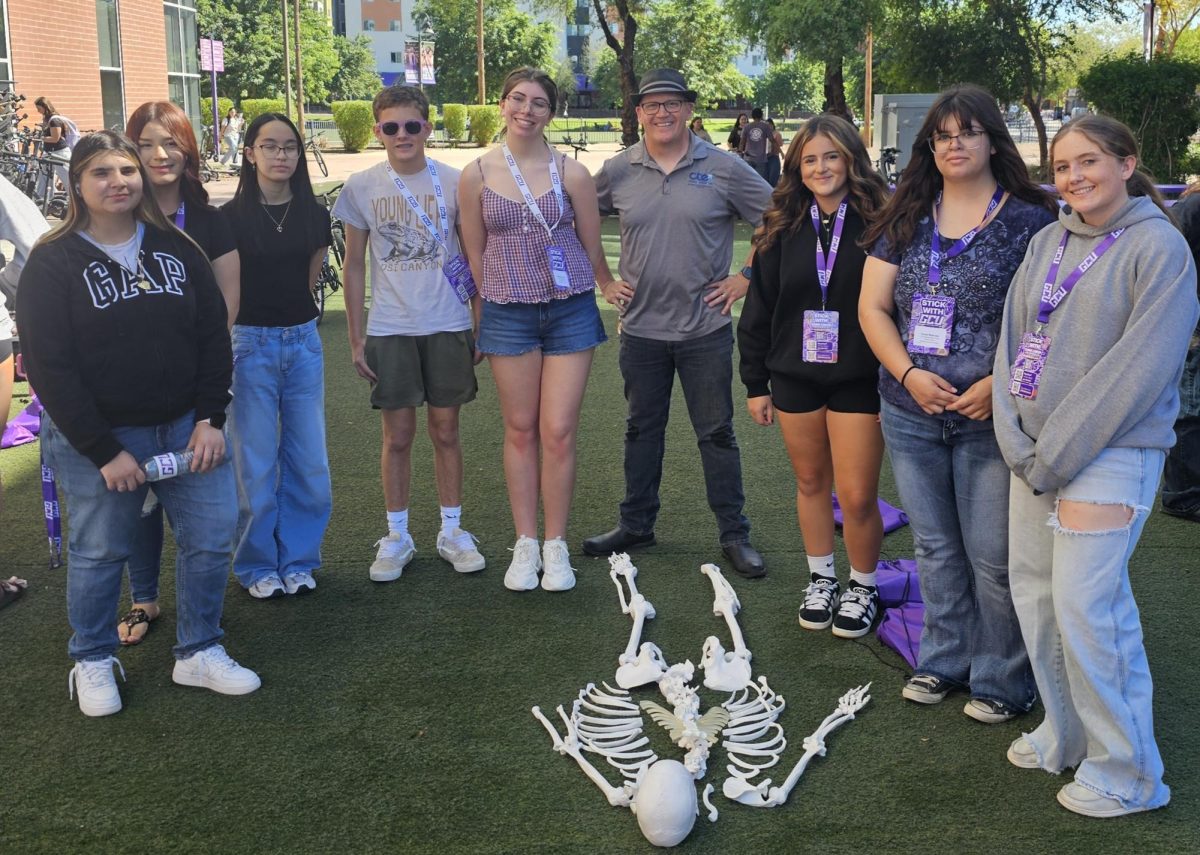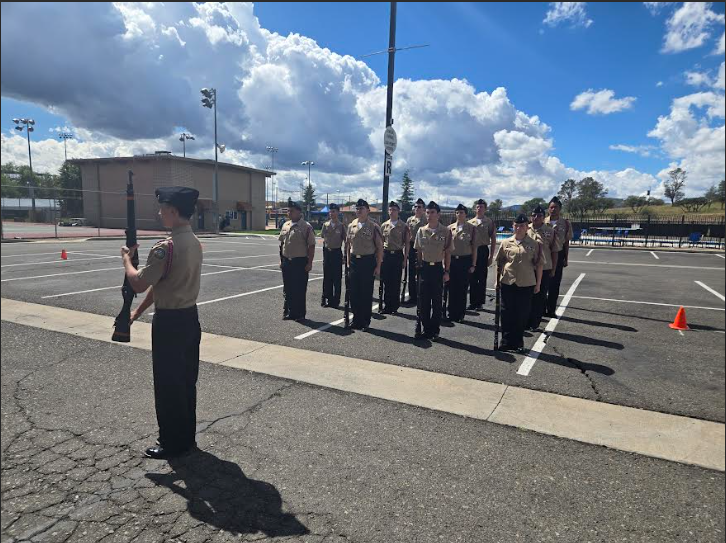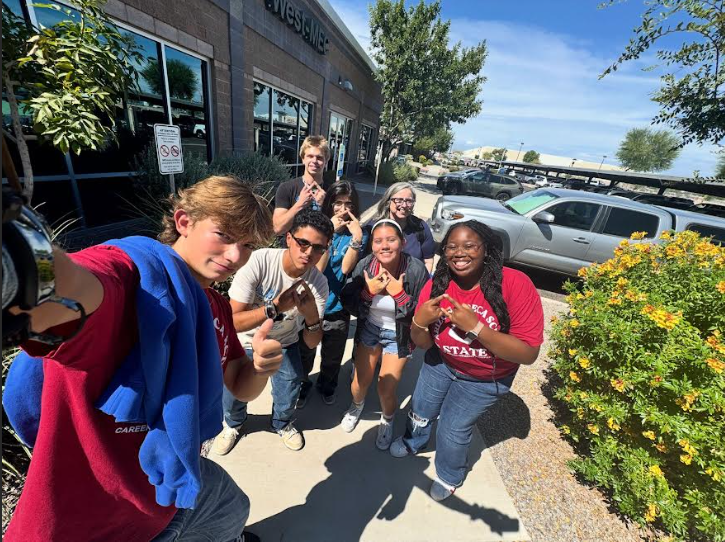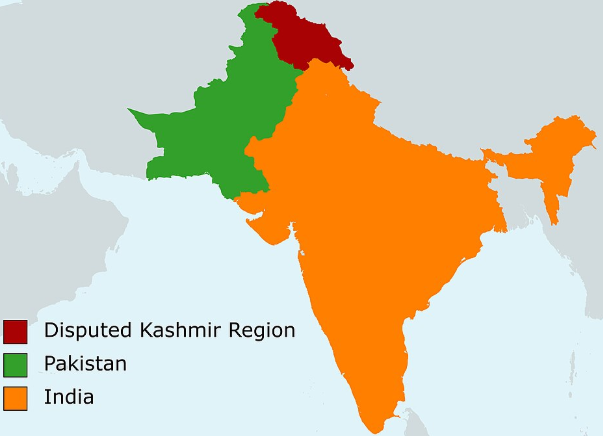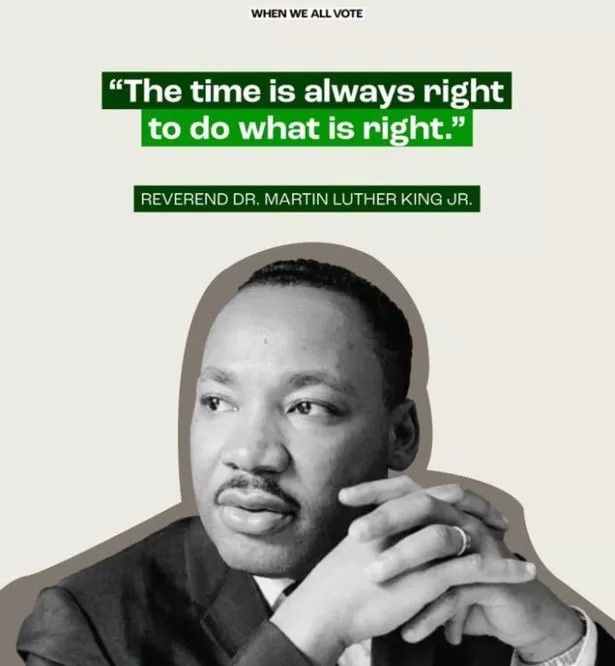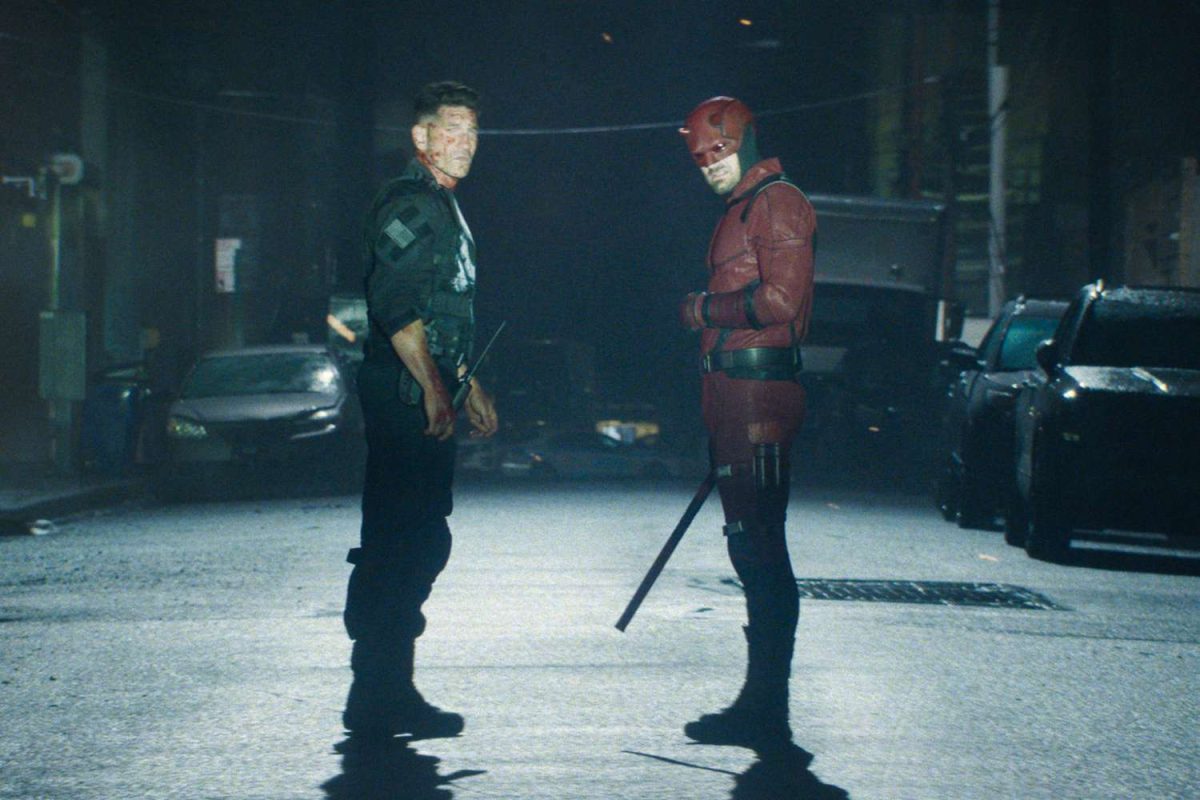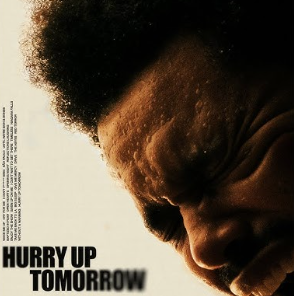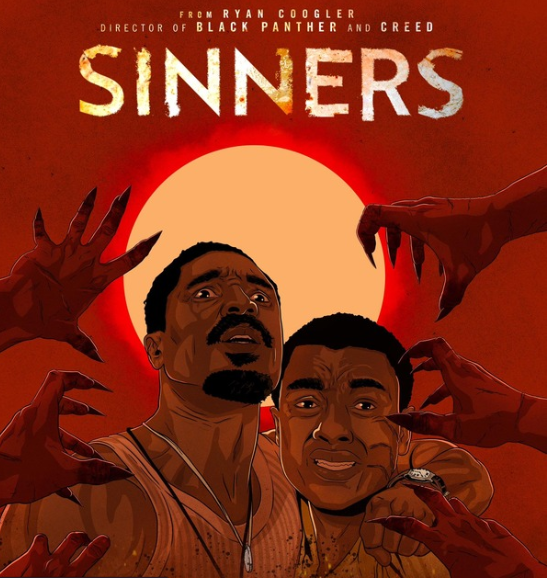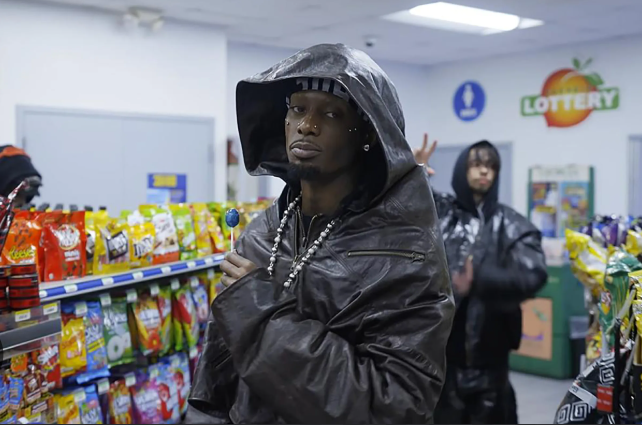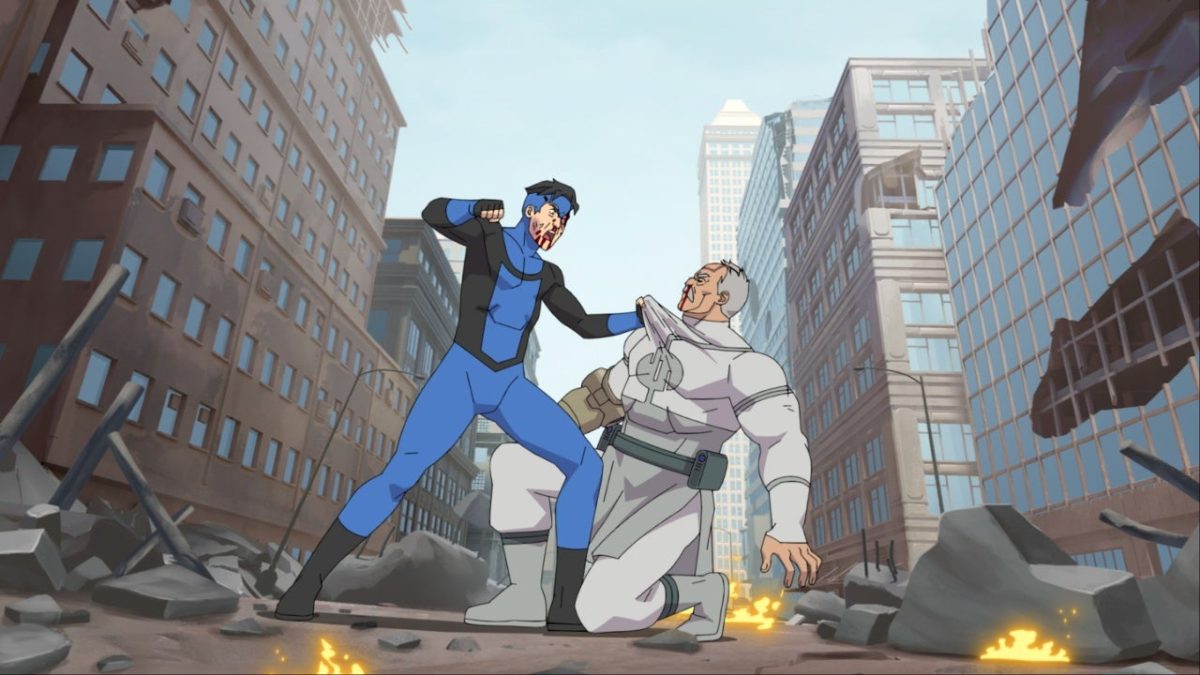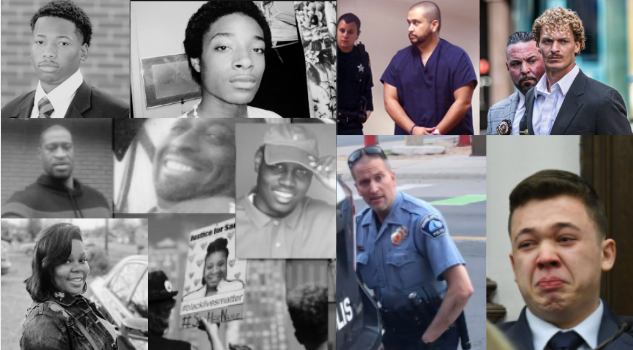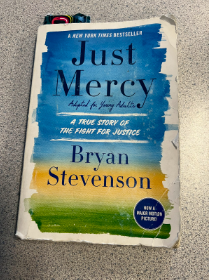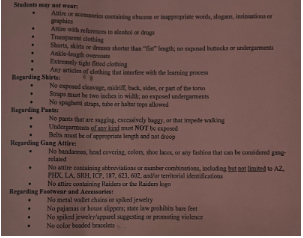The book titled “Just Mercy” is an autobiography of Bryan Stevenson, a defense attorney. Stevenson’s main goal throughout his career is to advocate for inmates and prevent falsely accused African Americans from getting executed by virtue of death row. As Stevenson states, “I was uncertain about what I wanted to do with my life, but I knew it would have something to do with the lives of the poor, America’s history of racial inequality, and the struggle to be just and fair with one another.” (Stevenson, 4)
In Georgia, Philadelphia, Virginia and Alabama, Bryan Stevenson helps defend death row inmates. “There was a growing fear that people would be killed without ever having their cases reviewed by skilled counsel.” (Stevenson, 6) Because of this, Stevenson devoted his life to helping those unable to advocate for themselves. “This book is about how quickly we condemn people in this country.” (Stevenson, 12)
Death row is surprisingly unregulated as it takes the lives of innocent citizens. As deathpenaltyinfo.org states, “The death penalty is supposed to be reserved for only the worst of the worst crimes. But legally irrelevant factors such as race, geography, and the quality of counsel disproportionately determine who is sentenced to death.” As innocenceproject.org states, “A 2014 study estimated that at least 4% of those sentenced to death are innocent.” As Bryan Stevenson states, “One in every fifteen people born in the United States in 2001 is expected to go to jail or prison; one in every three black male babies born in this century is expected to be incarcerated.” (Stevenson, 12) These ratios are unbelievable as so many people are expected to fail. As Stevenson states, “I found Bureau of Justice Statistics reports that black men were eight times more likely to be killed by the police than whites.” (Stevenson, 41) After considering these statistics, it’s easy to conclude that there are obvious corruptions in the regulations. It is fair to assume that at this heightened rate of death, some innocent African Americans are killed for crimes they didn’t commit. “I am persuaded that the opposite of poverty is not wealth; the opposite of poverty is justice.” (Stevenson, 17)
Bryan Stevenson has dedicated his life to regulating who goes on death row, helping the incarcerated, advocating for better prison conditions, and deterring racist laws in the United States. Stevenson helped, specifically, innocent African Americans who have been falsely imprisoned based on racial discrimination. Stevenson tells the stories of the crimes that took place, leading people to end up dead or on death row.
Bryan Stevenson stands up for the rights of prisoners because Stevenson, himself, had faced racial discrimination from police officers. There was no probable cause or evidence that Stevenson had committed a crime, however, he was still illegally searched. Like Stevenson, Walter McMillian had no evidence against him. “But there was no evidence against Mr. McMillian— no evidence except that he was an African American man involved in an adulterous interracial affair, which meant he was reckless and possibly dangerous, even if he had no prior criminal history and a good reputation.” (Stevenson, 31)
As Walter McMillian’s arrest proceeded in Alabama, he was faced with cruel harassment from police. As Bryan Stevenson states, “Walter would report for years that all he heard throughout his arrest were insults and threats of lynching.” (Stevenson, 47) The whole premise of McMillian’s case was based on Ralph Myers’s testimony.
During his trial, Walter McMillian was ordered to move to Baldwin County. In Baldwin County, it was well known that there was racism around every corner. As Bryan Stevenson states, “They also understood that it was an extremely conservative county that had made even less progress than Monroe in leaving behind the racial politics of Jim Crow.” (Stevenson, 59)
As Walter McMillian innocently stood in court on trial for the murder Ronda Morrison, Walter had to listen to those who testified against him. The witnesses lied so bad that their testimonies were comical. As Stevenson states, “Their testimony was laughably inconsistent and completely lacking in credibility.” (Stevenson, 85-86)
To gain a retrial, Bryan Stevenson had to build a convincing argument for Walter McMillian. As Stevenson states, “After a few months of investigation, we discovered that not only had Bill Hooks been lying, he had been paid $5,000 by Sheriff Tate to testify against Walter.” (Stevenson, 109)

